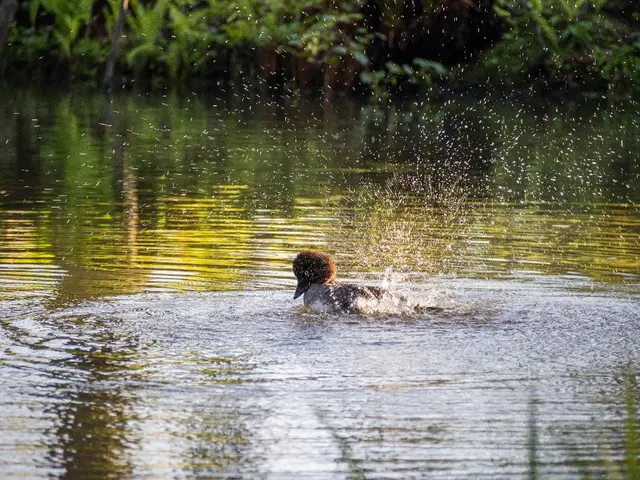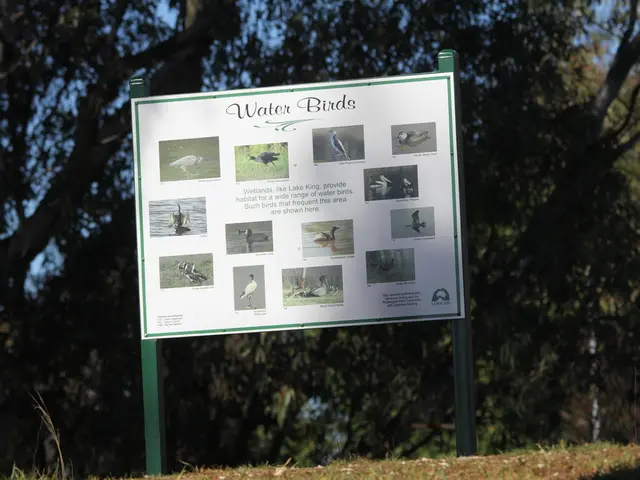Andalusia Launches World's First Lab to Fight Climate Change Impact on Mediterranean Crops
Andalusia has launched a pioneering laboratory to study the impact of climate change on key Mediterranean crops. The 'Future Laboratory for Drought and Climate Change in Mediterranean Agriculture' in Córdoba is a joint initiative of the Spanish Ministry of Science and Innovation and regional Andalusian institutions. With an investment of 700,000 euros, it aims to develop strategies for crops like olive, vine, citrus, and nuts to adapt to drought and climate change.
The laboratory, designed by IFAPA researchers and leading companies in sensorization and automation, is unique worldwide. It features advanced technologies such as atmospheric CO2 control systems and state-of-the-art sensors and cameras for crop characterization and climate control. Current trials involve olive, almond, pistachio, and vine, with orange and mandarin trials set to begin soon. Preliminary results have already shown crop responses to moderate hydric stress, enabling specific irrigation schedules.
The laboratory's goal is to determine which varieties and crops adapt best to the future Andalusian climate. It will also find solutions for efficient water and soil management, crucial for the sustainability of Mediterranean agricultural systems.
The Andalusian Agriculture Council's initiative, through IFAPA, is a significant step towards understanding and mitigating the effects of climate change on Mediterranean crops. The laboratory's findings will contribute to the development of resilient and efficient agricultural systems in the region.
Read also:
- NMVOC Emissions Plummet 75% in 30 Years, Driven by Regulations and Tech
- Texas Leads in Disaster Risks, but Underinsurance Persists
- Architecture Today Webinar: Exploring Regenerative Design Beyond Carbon Metrics
- Midterms Bring Renewable Energy Push: Democrats Win House, Governors Commit to Ambitious Goals







